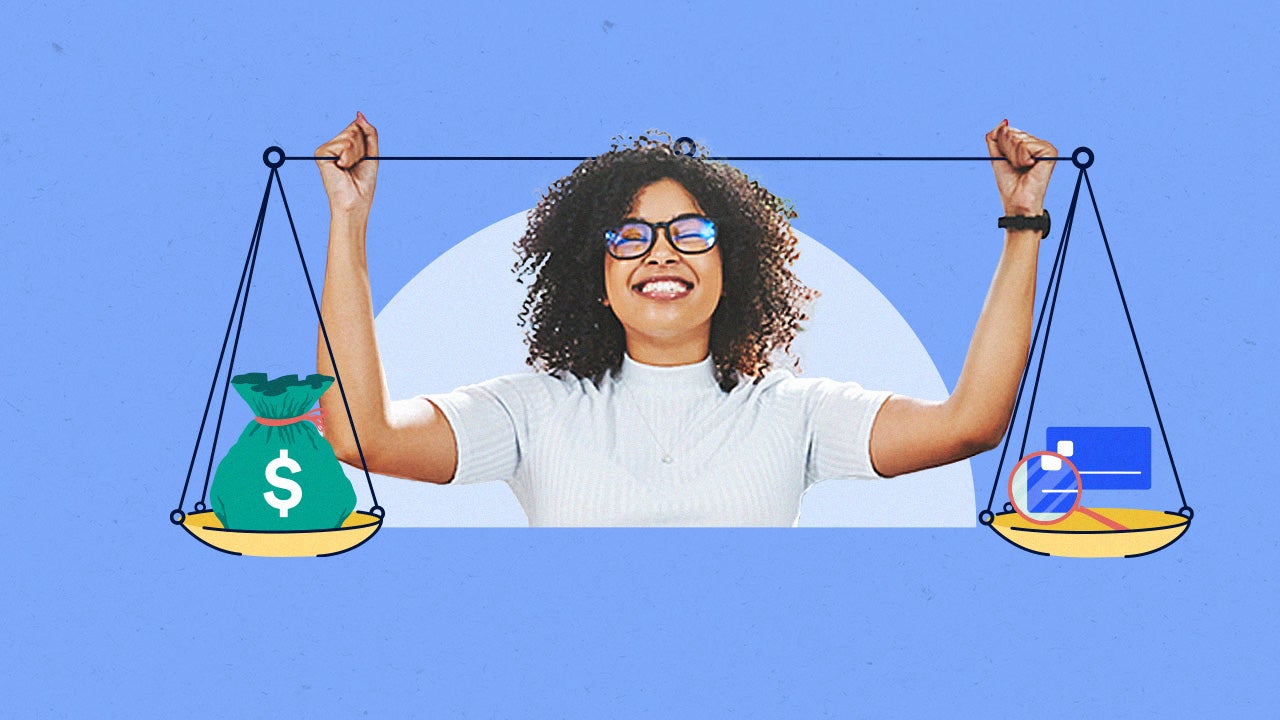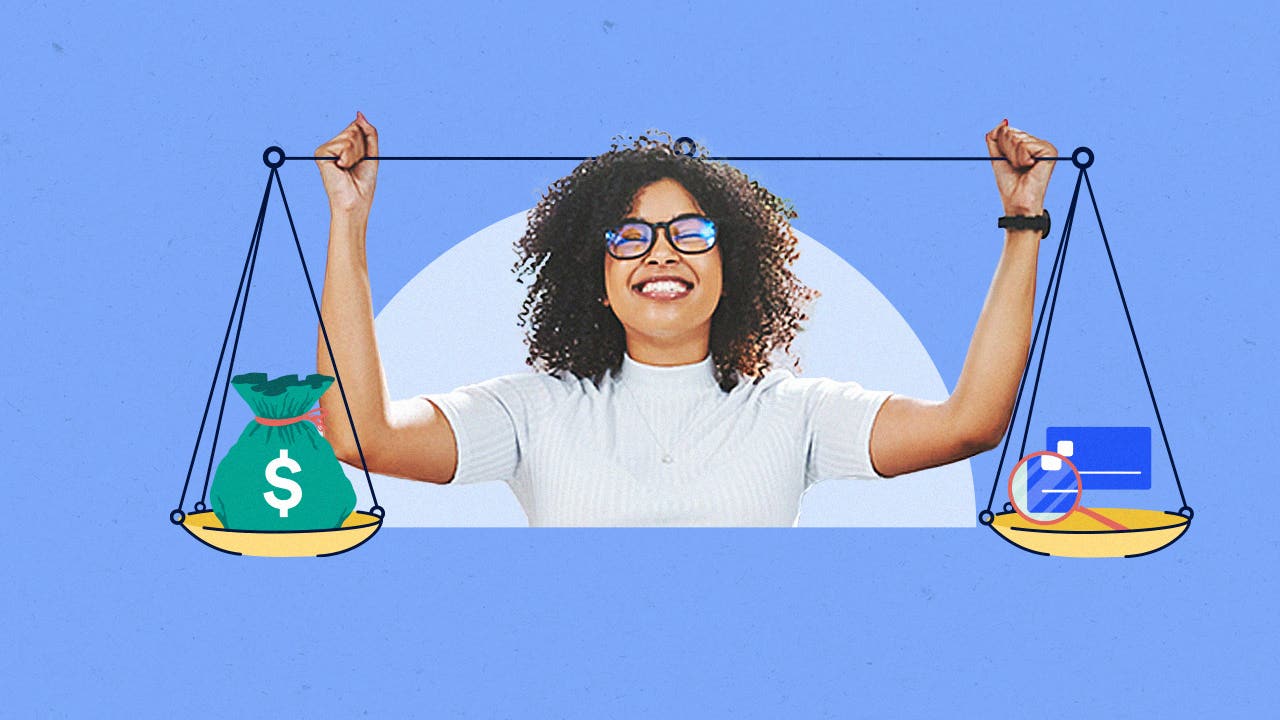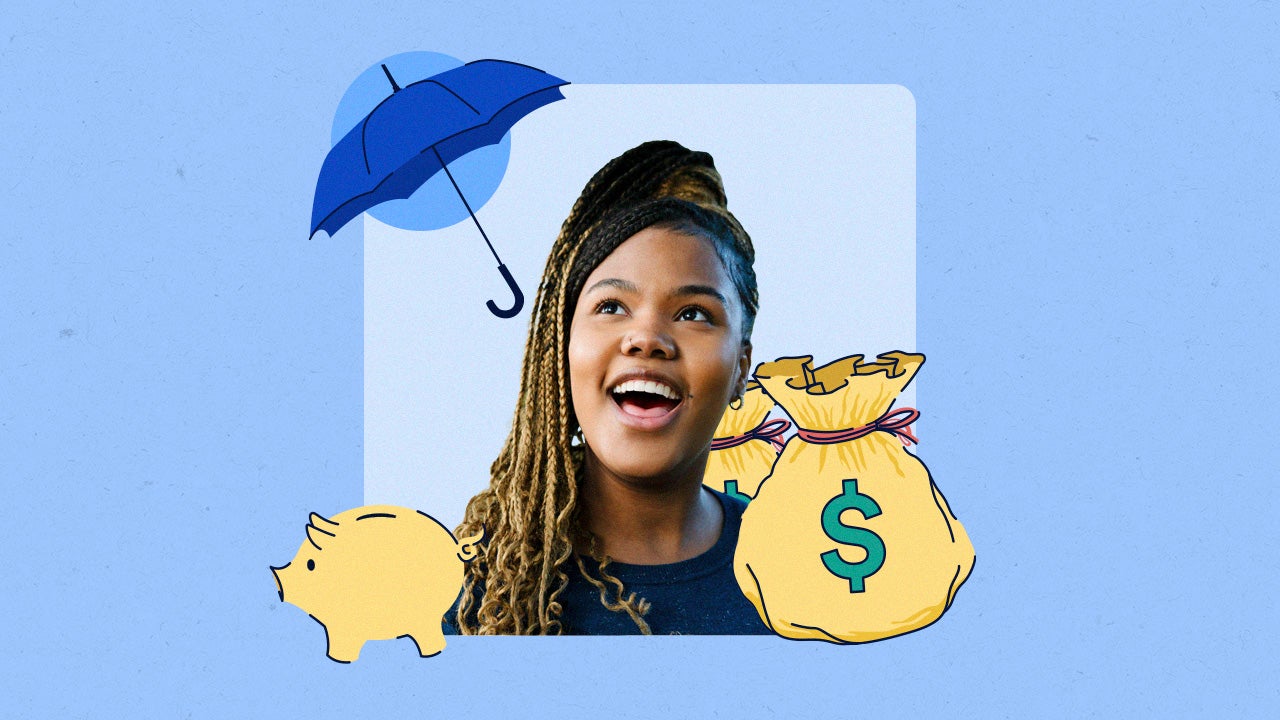Finding help to pay off debt



No matter your financial and lifestyle situation, paying off debt can feel overwhelming and isolating.
While being in debt is nothing to be ashamed of, you may feel unable to ask for help. You might feel like your debt is solely your responsibility, and that asking for help will make you seem irresponsible.
However, when it comes to paying off debt, you don’t have to handle it alone. The first step is knowing where to start.
Where should I find help to pay off debt?
Whether it’s through financial education, aid in managing your payments, aid in covering other expenses or even getting your debt relieved, there are many ways you can find help in your debt repayment journey,
An important thing to remember is that these resources exist to help you. No matter the size of your debt, if you need that help, then you can — and should — reach out.
Help in financial management
One of the first steps in managing debt is managing your finances. While budgeting might feel like a challenge, especially if you’re new to it, there are resources to help you learn.
Public organizations
Federal, state and local governments all offer resources that can help you get your finances in order.
On the federal level, the Consumer Financial Protection Bureau (CFPB) offers online resources for building a budget, calculating your debt payoff and improving your overall financial well-being. The CFPB also offers a housing counselor service for help with mortgages, forbearances and defaults.
The Federal Trade Commission offers resources in money management, budget worksheets and understanding your loan and mortgage terms. The Financial Literacy and Education Commission also runs mymoney.gov, which offers payoff calculators, articles on establishing financial wellness and Tribal and Native resources.
On the state level, many state and local governments offer financial literacy programs similar to federal resources, such as budget worksheets and articles on financial wellness tailored to their state communities.
Community colleges often offer personal finance classes available to the public for a fee, and local governments and libraries often run financial literacy courses or programs that pair you with a financial advisor. While the level of help and resources can different by states and towns, reaching out can give you an idea of what might be available to you.
Nonprofit organizations and programs
In addition to government organizations, there are many nonprofit organizations that can help you with financial management.
The Foundation for Financial Planning offers pro bono financial planning through a network of volunteer financial advisors who can give you tailored financial advice based on your unique needs and circumstances.
Savvy Ladies offers free financial education for women, connecting volunteer financial advisors with women in need of advice and education, as well as webinars, articles, calculators and other resources.
The National Foundation for Credit Counseling can connect you with a certified credit counselor, who can help you manage your debt repayments, build a financial plan and connect you to other resources.
Finally, the Financial Planning Association offers pro bono consultations for those in need, including military veterans, survivors of natural disasters, those going through bankruptcy and more.
Other organizations
When it comes to financial management, getting advice and education can be closer than you think. Many organizations you may already work with can help you manage your finances.
For example, your bank or credit union might offer worksheets, connections to financial advisors and online resources to help you get started.
Your workplace may be able to connect you with financial advisors. If you have an IRA or brokerage account for your retirement fund, you may also be able to work with a financial or brokerage advisor.
Finally, if you’re working with a debt relief or management company, they may have financial resources to help you. For example, National Debt Relief (NDR) offers online resources on budgeting and financial management.
NDR also helps guide its clients through the process of debt repayment and works out a budget and repayment plan that helps pay off their remaining debt in a sustainable fashion, setting them up for success even after the debt is gone.
Help in reducing your payments
Managing your finances is the first step toward debt management. The next step is reducing your payments. If you find yourself struggling to make your monthly debt payments, these resources might be able to help you.
One avenue to consider is debt repayment programs offered by your lender. For example, federal student loans offer several income-based repayment plans that adjust your minimum payments to how much money you’re making.
Another option to consider is putting your payments on pause through forbearance, which is offered by some mortgage lenders. When your loan goes into forbearance, you can temporarily stop making payments or make smaller payments, allowing you to catch up financially. Keep in mind that your balance will still be there when you begin your payments again, and it can still accumulate interest.
With both of these options, it’s important to read the fine print and understand how a repayment plan or forbearance will impact your credit, your interest and your loan payment.
Help in consolidating your debt
In some circumstances, consolidating your debt can make your payments more manageable or reduce them. Debt consolidation combines multiple loans into one loan with one interest rate, meaning you only have to make one payment.
If you’re able to get a better overall interest rate on your consolidation loan, you may be able to reduce how much you’re paying.
It’s important to understand what a consolidation loan will mean for you and your debts since depending on interest rates, the age of the debt and the fees involved, you may end up with a larger payment overall.
How can I pay off my debt faster?
If your debt has a high interest rate or if the monthly payments are heavily impacting your finances, paying off your debt faster may be the best option for you.
Here are some types of assistance that will help free up your finances so you can focus on your payments.
Assistance with food costs
If you’re struggling with affording your debt payments and groceries, you may qualify for assistance with grocery costs.
Depending on your income, you may qualify for the Supplemental Nutrition Assistance Program (SNAP) through your state. SNAP offers food stamps that can help cover monthly grocery expenses for qualifying items, helping you dedicate more money to your debt repayments.
Local and state programs can also offer food assistance through initiatives such as school lunch programs, emergency food assistance food banks and donation drives.
Assistance with housing costs
Housing is one of the largest costs for those in the United States.. There are several housing programs that can help..
If you own your house, you may want to look into a mortgage relief program, which can help reduce the payments you make on your mortgage during times of financial hardship. Programs like the Flex Modification Program can help you manage your mortgage, freeing up finances to pay back your other debts.
If you’re renting, you may want to consider Section 8 housing, or the Housing Choice Voucher Program, which is subsidized by the government for low-income individuals. A Section 8 housing voucher can cover some or all of your rent, allowing you to put your income toward your debts.
Assistance with other costs
Cost assistance isn’t limited to housing and food. Different local, state, federal and nonprofit programs can help you cover costs for childcare, medical expenses and more.
Even if you don’t qualify for Medicare or Medicaid, you can still qualify for state and federal aid for prescription drugs, children’s insurance and more. You can also check in with your local pharmacy or doctor’s office for information about free vaccines and check-up clinics.
If you have children and are struggling with childcare costs, you may qualify for child care assistance through your state, which offers financial aid, vouchers and discounts through state funding.
These are just two of the many cost assistance programs available for those in need. Other services can include aid in phone service costs, pet costs, legal help and more.
Reducing your debt
Finally, one of the ways you can find help when paying off debt is through debt relief.
Debt relief reduces your debt either through forgiveness or through debt settlement, which can reduce or eliminate the balance you owe.
Some programs offer loan forgiveness or payment through employment. Public Service Loan Forgiveness, for example, offers student loan forgiveness for qualifying state and federal employees.
Other companies like National Debt Relief reduce or eliminate a balance through debt settlement. By negotiating with the lender, debt settlement companies can reduce the amount owed and help a borrower build a manageable repayment plan or, in some cases, have the debt eliminated altogether.
This may come with fees, accumulated interest and an impact to your credit score, so it’s important to research the terms and ensure that this route is the right one for you.
The bottom line
Debt repayment can feel like a long and lonely journey, especially when asking for help feels hard. However, by understanding the resources you have at your disposal, you can find free and low-cost ways to manage your finances, reduce your payments, pay off your debt faster and even reduce your balance.
When considering your options, be sure to do your research, ensure you qualify for the programs you’re interested in and understand the impact that some of these options may have on your finances. If you’re working with a relief or assistance program, be sure to check what other resources they can connect you to.
If you want to learn more about managing your finances, mental health and debt repayment plan, check out Bankrate and National Debt Relief’s ongoing article series about all things debt. Watch this space for tips, tricks and exclusive stories from readers like you and their debt repayment journeys.
Why we ask for feedback Your feedback helps us improve our content and services. It takes less than a minute to complete.
Your responses are anonymous and will only be used for improving our website.




